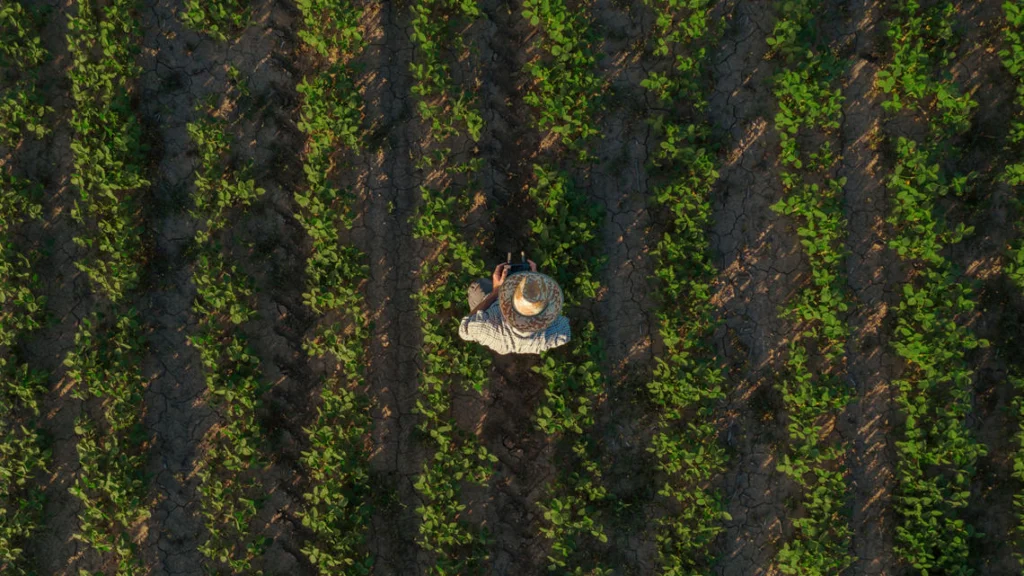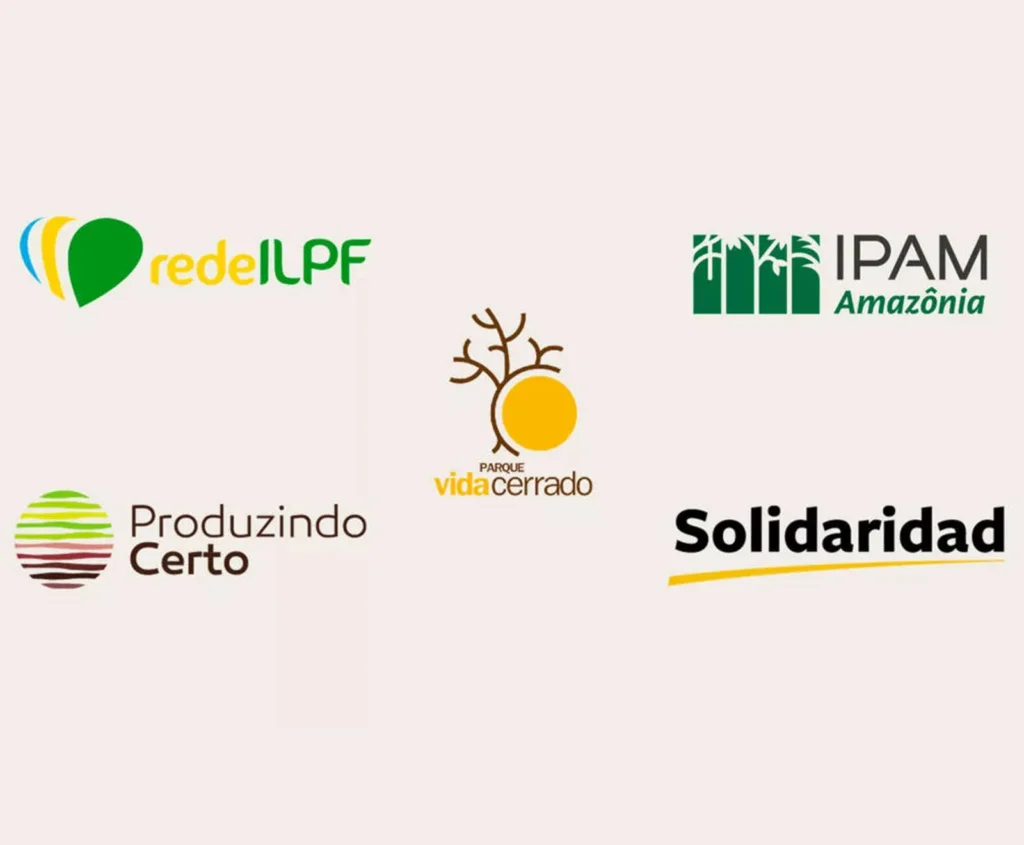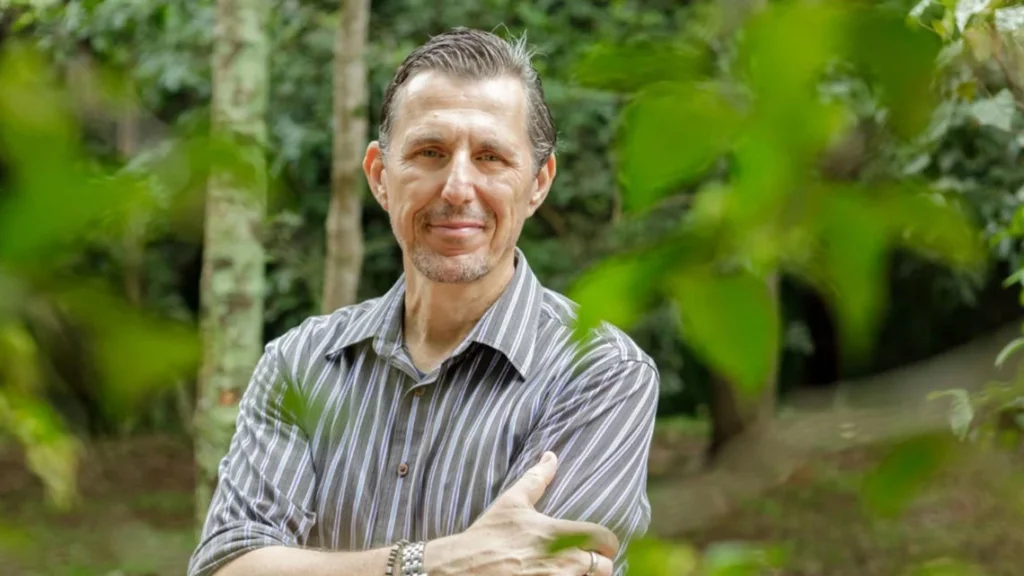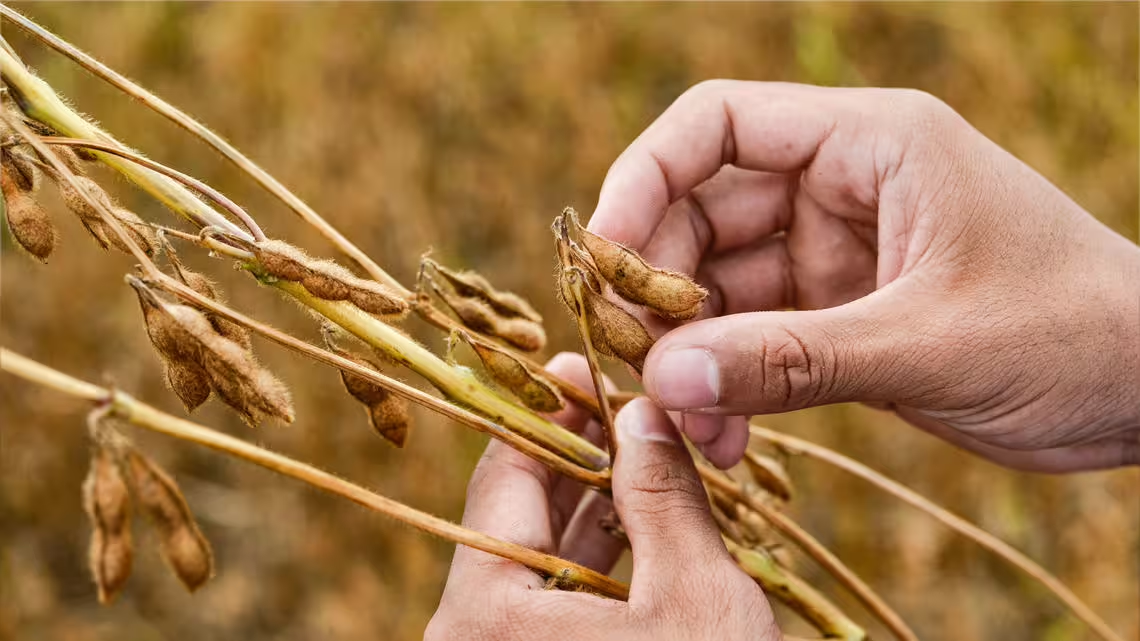Authors
The Soft Commodities Forum, featuring Lindsey Larson, Economist and Team Lead, Agriculture and Food Global Practice, World Bank
Private Sector Lead for the Food Systems, Land Use and Restoration (FOLUR) Impact Program at the World Bank, Lindsey Larson, outlines financing avenues to protect nature and improve the livelihoods of land users.
Leia em português – Lucie Smith entrevista Lindsey Larson, do Banco Mundial
Q: What does the World Bank see as its role in supporting landscape financing for the prevention of native vegetation conversion and deforestation?
A: Like many organizations, the World Bank promotes landscape-level interventions because the scale reflects the complex ecological, economic and social dimensions of managing land use. Driving more financing into landscapes in a way that supports sustainable, equitable resource management is such an important part of a long-term solution to protect forests and native vegetation. We direct financing into landscapes through our large-scale investment projects, which are designed with increasingly specific and ambitious goals to reduce land-use, climate and biodiversity impacts. We also provide data and advisory services to governments to shift public resources away from harmful conventional practices toward sustainable agriculture. Our work with governments also improves the enabling environment for the private sector by reducing the risks of investing in agricultural production landscapes. Finally, we assume a convening role leading global programs that support multistakeholder action, like the Food Systems, Land Use and Restoration (FOLUR) Impact Program. These programs promote the development and scaling of financing solutions that protect nature and improve the livelihoods of land users.
Q: How do initiatives like the Farmer First Clusters help to reach the World Bank and FOLUR’s intended outcomes?
A: According to the UN, developing countries face a USD $4 trillion investment gap to reach the 2030 Sustainable Development Goals. The World Bank views private-sector led initiatives like the Farmer First Clusters as critical to closing this gap by bringing in additional financing that’s aligned with public sector support and centered on the beneficiaries’ needs. This initiative also supports our development agenda by bringing value chain actors into the production landscape from a new, different perspective that’s focused on livelihoods and the well-being of beneficiaries. In terms of approach, I appreciate that the Farmer First Clusters provides a bottom-up, non-prescriptive approach that identifies what types of solutions will be more effective and respects the agency and dignity of the farmer. The Farmer First Clusters helps get us closer to clarifying and securing the common interests of actors in the landscape, which is the foundation of a sustainable future.
Q: At the recent Food Systems, Land Use and Restoration (FOLUR) Impact Program annual meeting, the World Bank hosted multiple private sector engagement sessions with value chain actors such as Mars, Cargill, and LDC. What were some of the learnings from that panel discussion regarding the role of private sector engagement?
A: The private sector has a distinct advantage and sophistication in reaching producers and incentivizing behavior change. Through value chains and contracts with producers, the private sector has a platform to extend financing and capacity building to farmers. This privileged relationship between farmers and companies benefits can be an entry point for additional partnerships, which is the approach of the Farmer First Clusters.
We also heard a lot about innovation, particularly how companies are leading in sustainability solutions, developing cutting-edge expertise in-house and advanced approaches. We heard that there remain sticky, common challenges where precompetitive collaboration and knowledge exchange across sectors is the only cost-effective way to tackle these problems and meet consumer and regulatory expectations. Industry maturity in terms of sustainability varies widely by commodity, and I’m hopeful that frontrunner companies will increasingly share their lessons learned as sustainability becomes an operational expectation, versus a strong competitive advantage. The Farmer First Clusters can help to accelerate this knowledge exchange and sector-wide transformation.
Q: Looking ahead, how might the Farmer First Clusters and FOLUR collaborate to implement learnings and objectives together?
A: The Farmer First Clusters and FOLUR are already demonstrating collaboration by seeking to understand where overlap exists geographically and programmatically in Brazil. Part of a landscape approach should be consistent assessment about how actors are using their limited resources most strategically to add value and accelerate impact. Determining who is doing what and where sounds obvious but requires a lot of work and goodwill in practice, so we’re already off to a good start!
Looking ahead, I hope we can commit to share learnings across our programs regularly, particularly to identify emerging opportunities for partnership to address tough issues. For example, perhaps there’s a common, precompetitive challenge that’s identified by Soft Commodities Forum members where World Bank analytics, convening or another strength could contribute to addressing the barrier. Communications and exchange of knowledge is critical, so we can identify what’s working and what’s not, and iterate toward good solutions, faster.
Related
Content

Cultivating Change: Preliminary Lessons of the Farmer First Clusters Initiative and Interactive Map
28 March, 2024

Farmer First Clusters: Partnerships for Sustainable Land Use in the Cerrado
27 September, 2023

Interview with Rodrigo Castro: Solidaridad Network Brazil Country Director
28 March, 2024
